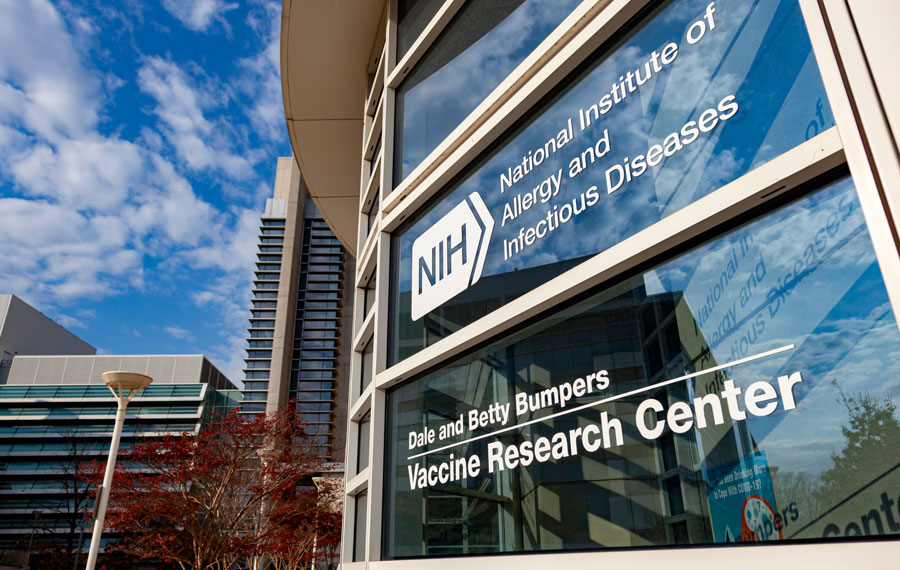Judge Orders Redactions Lifted in Empower Oversight COVID Data Deletion Suit Against NIH

WASHINGTON, D.C. – Empower Oversight secured important wins in its lawsuit against the National Institutes of Health (NIH) for its failure to respond to Freedom of Information Act (FOIA) requests regarding COVID-19 genetic data deletion at the request of a Chinese researcher.
The judge in the Eastern District of Virginia ruled that because the names of the Chinese researcher and an NIH official had already been public, that they should no longer be under seal. This reverses a previous order by a magistrate judge that had prematurely granted the NIH request to seal the names.
The judge had previously ordered NIH to produce unredacted documents sought by Empower Oversight for her private review. Following that review, the judge ordered the release of some of those documents, showing the “status column” for several related congressional requests, because the status is purely informational and not the type of deliberative information exempt from FOIA. These newly unredacted documents now reveal some of what the NIH has sought to prevent the public from knowing regarding its response to Members of Congress seeking information related to the origins of COVID-19.
However, the judge failed to require NIH to release factual information contained in draft answers to questions posed by Sens. Chuck Grassley (R-Iowa), Marsha Blackburn (R-Tenn.), and Roger Marshall (R-Kan.). Moreover, the court failed to hold NIH accountable for its admitted failure to meet statutory deadlines in FOIA, forcing Empower Oversight to sue in court to enforce the statute.
“NIH’s slow-walking of FOIA requests until after it has been sued and its aggressive attempt to hide factual information runs contrary to the letter and intent of the law. We’re pleased that the judge saw eye-to-eye with us on some of these important issues. However, it is hard to believe that there is no factual information contained in NIH’s draft answers to factual questions from U.S. Senators. NIH needs to be held accountable for ignoring statutory FOIA deadlines and forcing FOIA requesters to endure the expenses and delays of litigation in order to make NIH comply with the law. Empower Oversight will continue to fight for the public’s right to see what the agency is trying to hide,”
— Jason Foster, Founder and President of Empower Oversight.
Over a year ago, Empower Oversight started this fight for transparency from the NIH through an initial FOIA request in July 2021. Following four months of the NIH ignoring the request, Empower Oversight was forced to file suit. Since then, the lawsuit has been amended to include the issue of the improper redactions of answers to questions posed by Grassley, Blackburn, and Marshall as described above.
Empower Oversight Whistleblowers & Research (EMPOWR) is a nonprofit, nonpartisan educational organization dedicated to enhancing independent oversight of government and corporate wrongdoing. EMPOWR works to help insiders document and report corruption to the proper authorities while also seeking to hold authorities accountable to act on those reports.



Comments are closed.